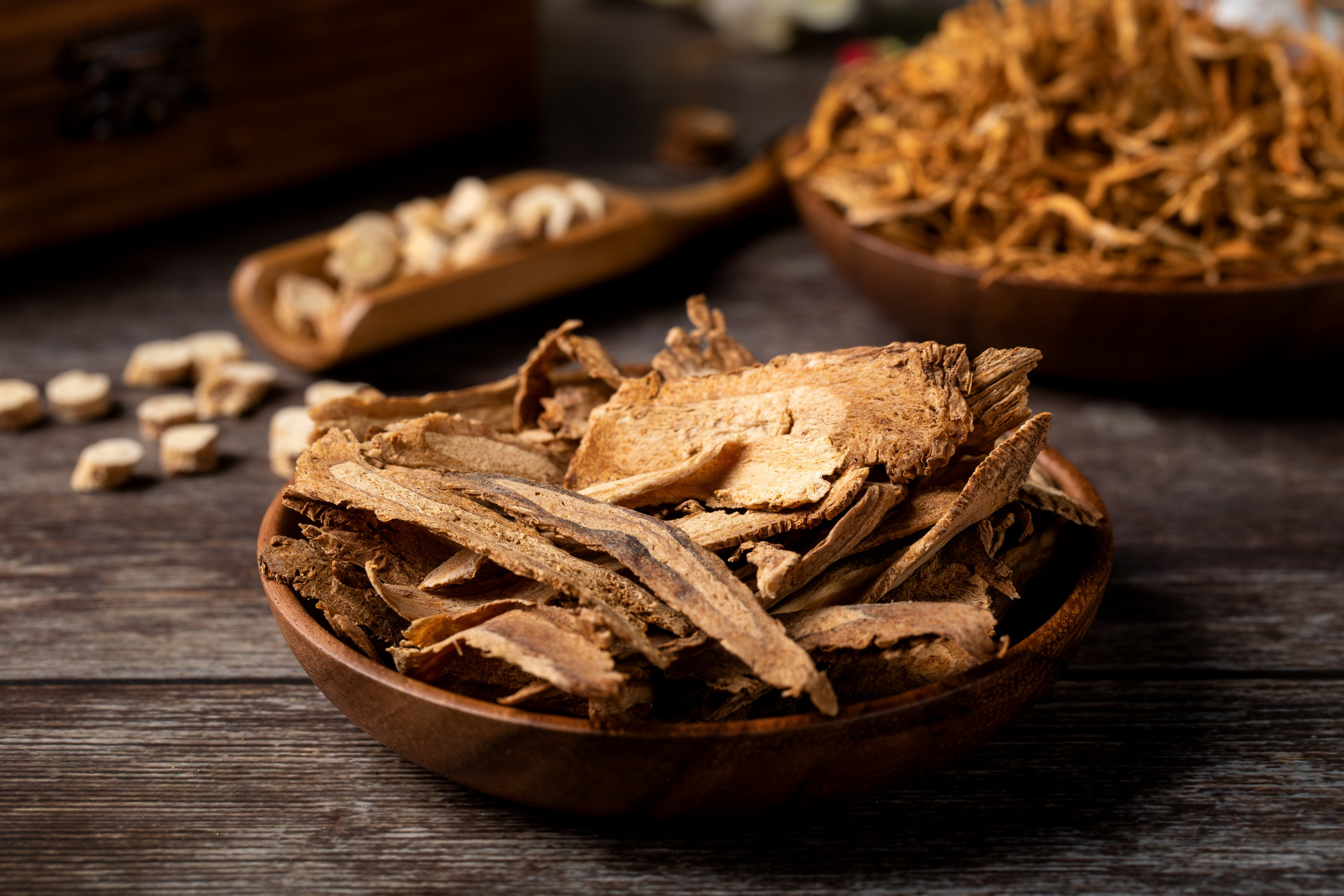We all know that traditional Chinese medicine (TCM) is often more effective than Western medicine in treating certain diseases. However, using TCM involves the process of decoction, and many people may think that it is complicated. In fact, it is not. Below, we will introduce how to decoct TCM correctly, as taught by experienced TCM practitioners, to help everyone understand.
【Choosing the Decoction Vessel】
Choosing the right vessel for decocting TCM is very important. The preferred vessels are clay pots or ceramic pots, followed by enamel pots and stainless steel pots. It is highly discouraged to use iron pots or copper pots. Clay pots and ceramic pots have stable chemical properties, even heat distribution, and slow heat transfer, which prevents the evaporation of water during decoction.
It should be noted that sudden heating or cooling of clay pots can cause cracks. Therefore, do not immediately wash the pot with cold water after decoction. Let it cool on a dry wooden board or rack before cleaning the residue. Do not soak the oil stains on the pot with detergent to prevent the dirty water from seeping into the pores. Instead, use leftover tea leaves or soak it in rice water to heat it up before scrubbing with a brush.
Stainless steel pots have fast heat transfer, so they need to be stirred frequently during decoction to prevent the herbs from sticking to the pot. It is important to note that iron pots and copper pots should never be used for decoction. Iron and copper are active elements and can easily react with various chemical components in TCM, leading to toxic side effects.
【Decoction Time】
The decoction time should be determined based on the nature of the herbs, generally around 30 minutes. For herbs that relieve exterior symptoms, clear heat, or have aromatic properties, they should not be decocted for too long. They should be decocted for 15-20 minutes after boiling. For tonifying herbs, they should be boiled with high heat first and then simmered with low heat for 40-60 minutes. During decoction, the herbs should be stirred 2-3 times. Generally, each dose of TCM is decocted twice, and the second time can be slightly shorter.
Here are the specific decoction methods for some special herbs:
1. "Pre-decoction": Boil the herb for 10-15 minutes, then add other herbs for decoction.
2. "Later addition": When the general herb is about to reach the predetermined amount, add another herb for decoction for 5 minutes.
3. "Dissolving": After other herbs have been decocted to the predetermined dosage, simmer with low heat and keep stirring until dissolved.
4. "Direct administration": Mix the herb directly with the decoction or hot water and consume.
5. For other special herbs, follow the instructions provided by the TCM practitioner.
【Other Details of Decoction】
Lid
During the initial stage of decoction, the lid should be tightly closed. When the water boils, the lid can be propped open with two chopsticks to allow steam to escape. Some TCM herbs contain volatile components, such as mint, patchouli, and other herbs for relieving exterior symptoms, as well as valuable herbs like ginseng. During decoction, the effective components of these herbs may easily dissipate into the air, so it is necessary to keep the lid closed.
Soaking
Just like soaking soybeans before making soy milk, TCM herbs should be soaked in cold water for 1-2 hours (except for herbs soaked in vinegar or alcohol) for about 20 minutes before decoction.
Water
Tap water is sufficient for decoction, and the water level should be about 1-3 cm above the surface of the herbs. If there are too many herbs or herbs that are prone to absorbing water, the water level can be appropriately increased.
Heat
During decoction, start with high heat to bring the liquid to a boil, then switch to low heat for simmering.
Operation
During decoction, it is important to stir the herbs to ensure thorough decoction. Generally, each dose of TCM is decocted twice, and the second time can be slightly shorter. Some herbs require special treatment, such as pre-decoction, later addition, or direct administration. The TCM practitioner will provide instructions when prescribing the herbs.












